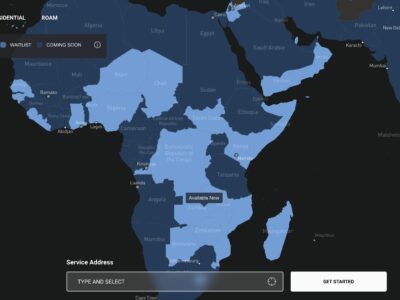Artificial intelligence (AI) is rapidly transforming governance worldwide and parliaments are grappling with a critical dilemma: how to harness AI’s potential for efficiency and transparency while minimising risks to democracy, human rights, and national sovereignty.
This sentiment was brought about by Hon. Adv. J.F.N. Mudenda, Speaker of the Parliament of Zimbabwe, during a Mini-Symposium on “Harnessing Artificial Intelligence for Effective and Efficient Parliamentary Processes.”
His keynote address underscored both the transformative promise and ethical dangers of AI in legislative institutions. Drawing on global examples and Zimbabwe’s own AI modernisation strategy, Hon Mudenda emphasised that without robust safeguards, AI could undermine the very democratic principles it seeks to enhance.
By Gamuchirai Mapako
“Data privacy, algorithmic bias, digital divides and sovereignty over our democratic processes are issues that demand thorough examination,” he noted
“Significantly, we must ensure that technological advancement enhances, rather than diminishes, the essentially human and deliberative nature of parliamentary democracy.”
AI’s role in legislative bodies is no longer speculative. From real-time transcription of debates to AI-powered chatbots for public engagement, parliaments in Estonia, Brazil, India, and Singapore have demonstrated how technology can streamline operations and foster citizen participation. Zimbabwe, too, is set to embark on this journey, with plans to deploy AI tools such as Automated Hansard Systems, AI Chatbots and Attendance Tracking.
However, Mudenda also cautioned that these innovations come with profound ethical and operational challenges.
One of the foremost concerns is algorithmic bias. AI systems trained on foreign datasets may embed cultural or political biases irrelevant or even harmful to local contexts. This was another major concern agreed upon by speakers during UNESCO’s 2025 World Press Freedom Day under the theme “Reporting in the Brave New World: The Impact of Artificial Intelligence on Press Freedom and the Media”
Mudenda cited a research indicating that over 63% of AI systems rely on foreign information providers, raising risks of misinformation, manipulation evidenced by Elon Musk’s Grok AI recent “white genocide” deflection to unrelated questions.
“Without reliable domestic AI expertise and high-quality local datasets, digital technologies developed outside our country will likely perpetuate existing biases, potentially undermine national sovereignty, and facilitate the spread of misinformation, disinformation deep fake hate speech,” he asserted.
The Inter-Parliamentary Union (IPU) has also sounded the alarm, urging parliaments to regulate AI while championing responsible innovation.
The IPU’s Guidelines for AI in Parliaments (2023) call for legislative bodies to ensure transparency, protect data privacy, prevent algorithmic discrimination and maintain human oversight.
Mudenda stressed that Zimbabwe’s AI adoption would adhere to these principles, emphasising collaboration with local universities and tech experts to develop homegrown solutions. “We must, therefore, build our capabilities and adapt AI to our local realities,” he added.














Comments